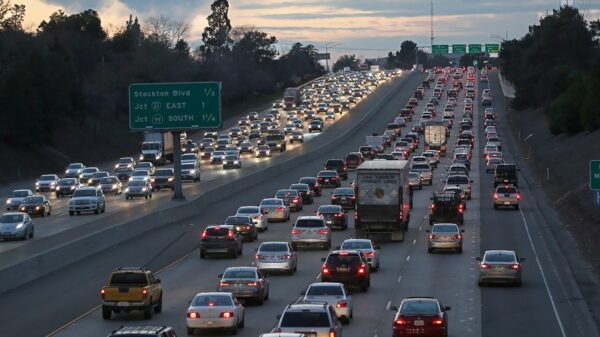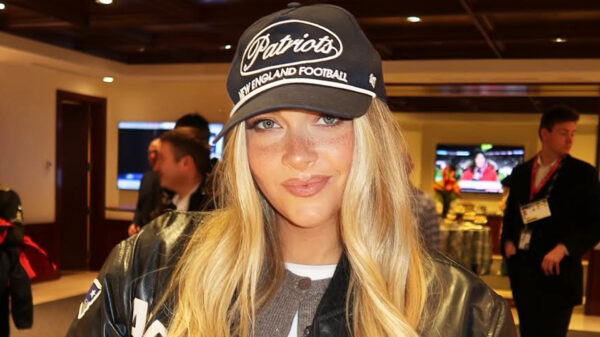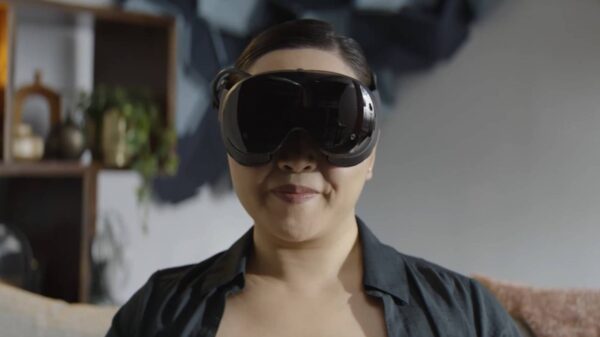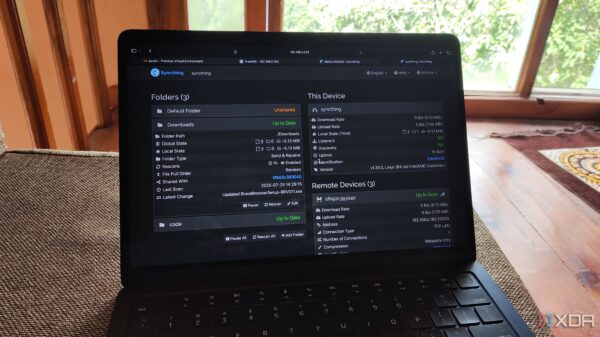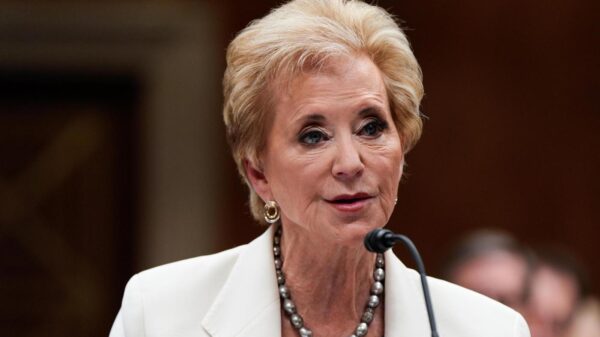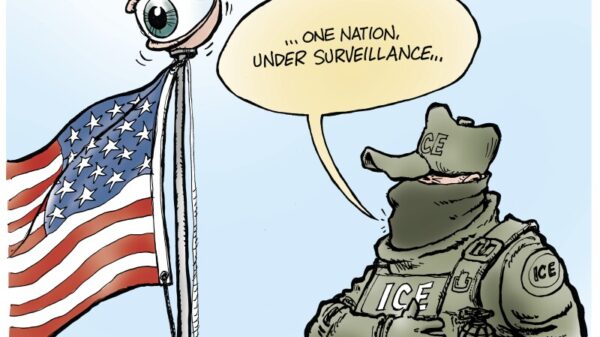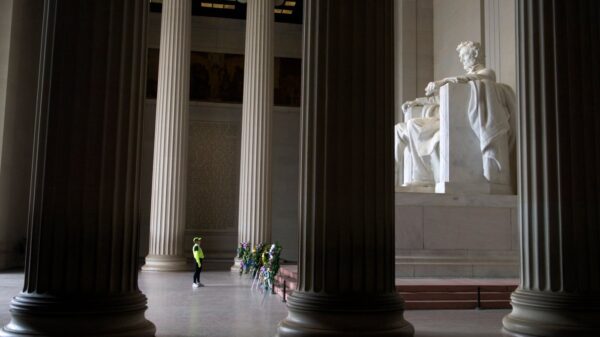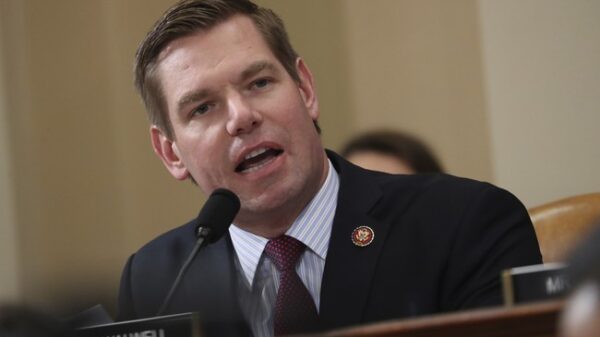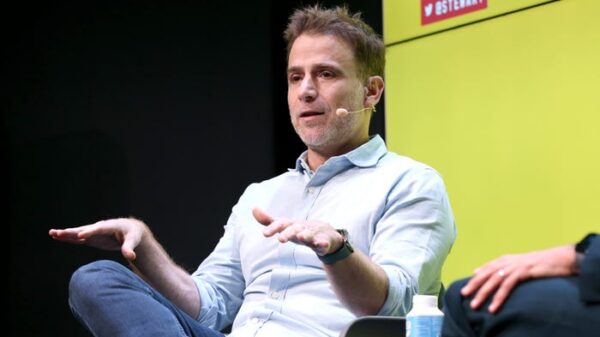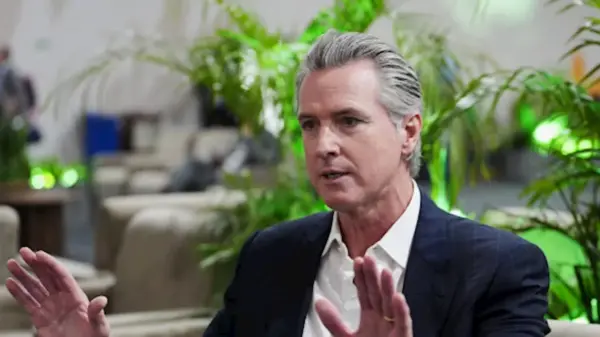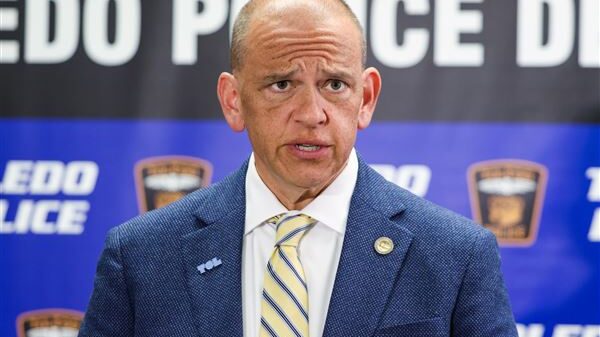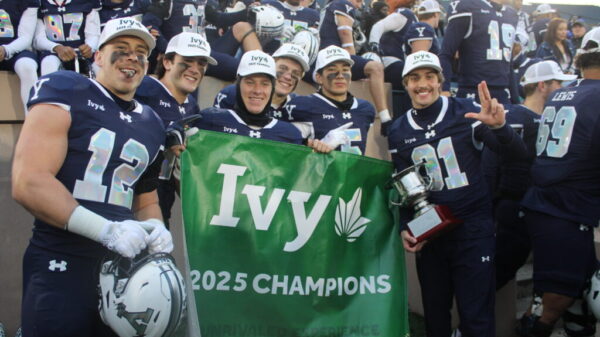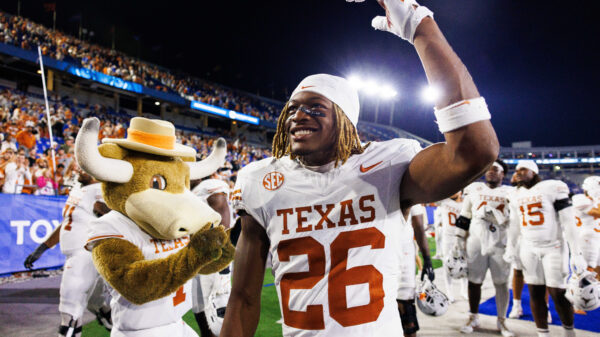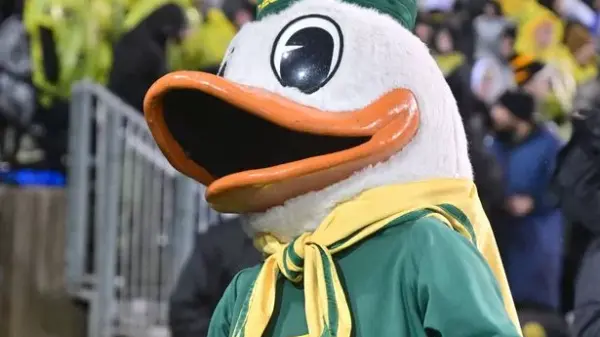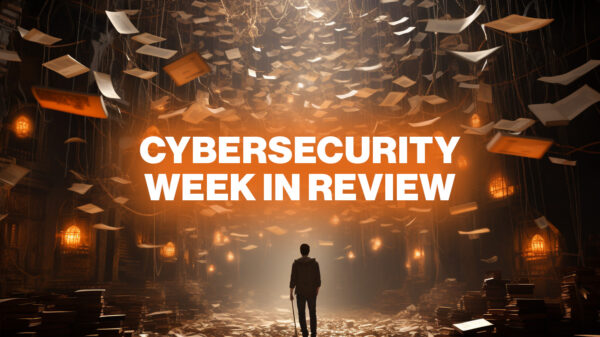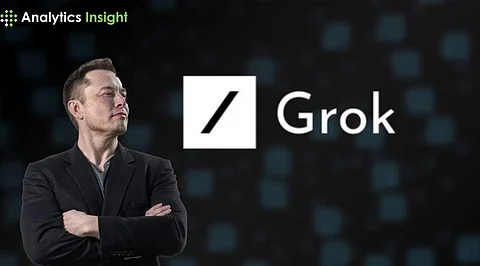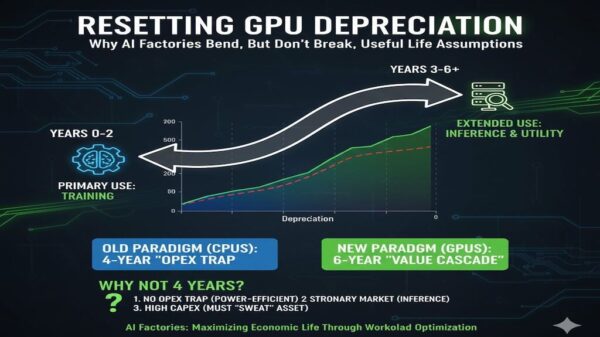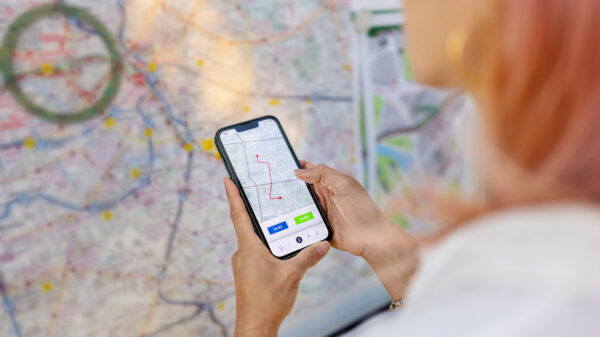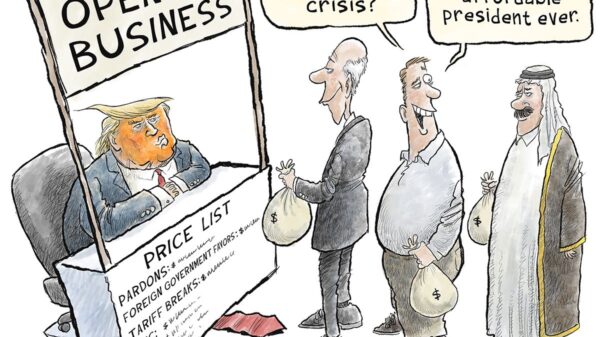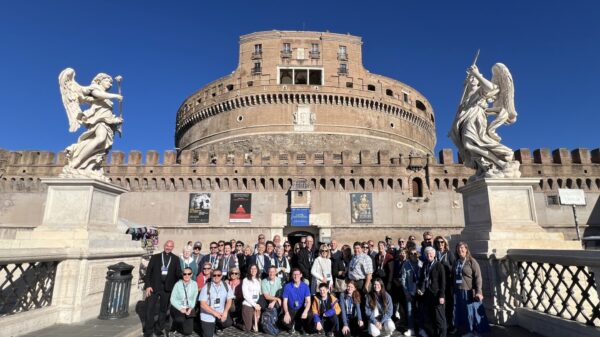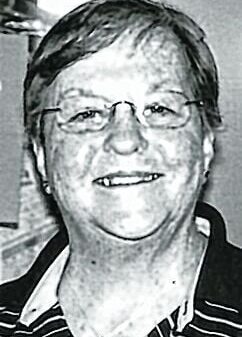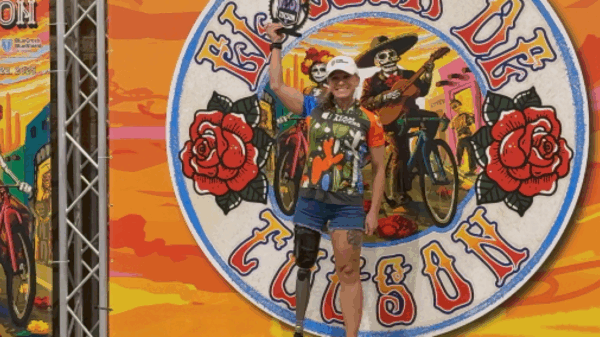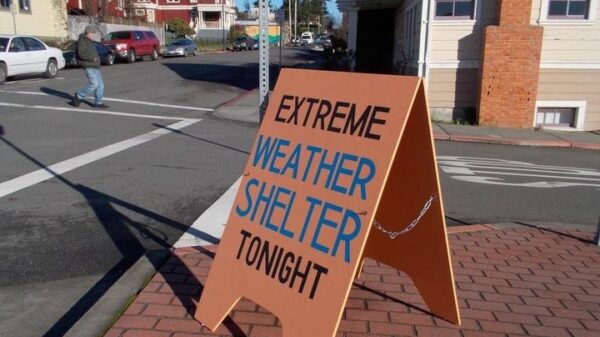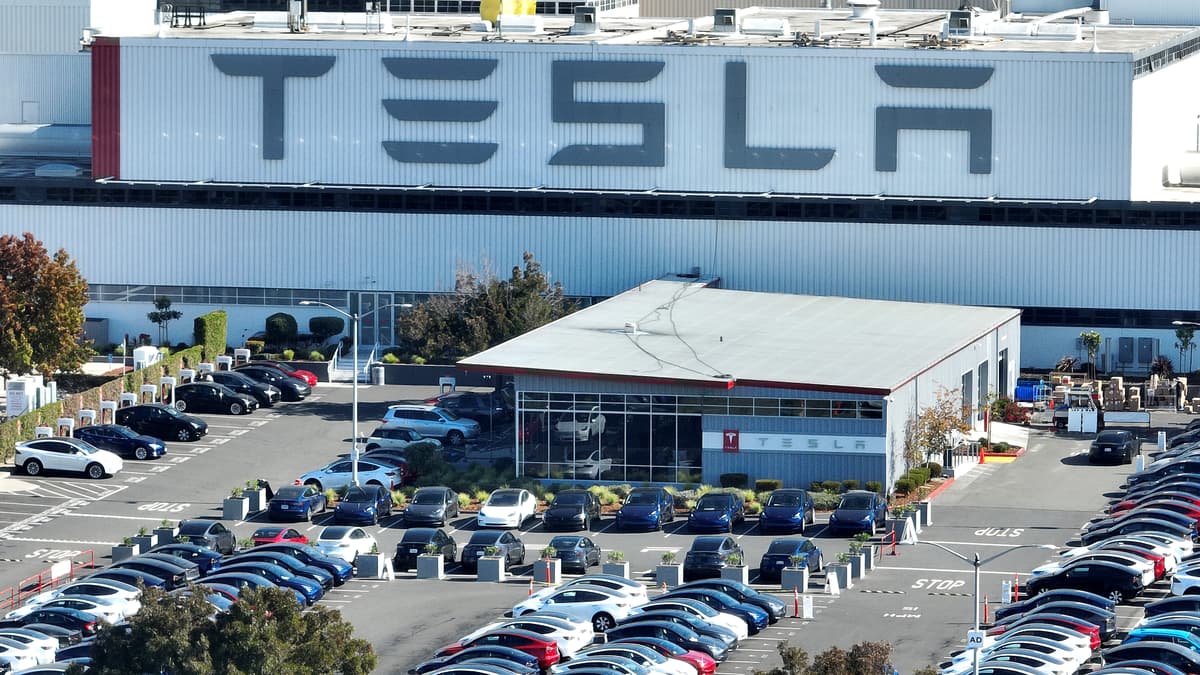Electric vehicle manufacturer Tesla, founded by billionaire Elon Musk, is facing a proposed class-action lawsuit that alleges systemic discrimination against U.S. citizens in its hiring and firing practices. The lawsuit claims that the company favors H-1B visa holders to reduce labor costs, thereby disadvantaging American workers.
The suit was filed on Friday in a federal court in San Francisco. It was initiated by software engineer Scott Taub and human resources specialist Sofia Brander, both of whom are U.S. citizens. They assert that they were denied employment at Tesla after the company learned they did not require visa sponsorship. The lawsuit alleges that this practice violates federal civil rights laws, according to Reuters. Tesla has not commented on the matter.
The plaintiffs seek to represent all U.S. citizens who were rejected for employment or terminated by Tesla. Should the case be certified, it could involve a significant number of individuals. The legal filing states that Tesla’s preference for H-1B workers disproportionately affects American citizens, especially in highly skilled roles.
According to the complaint, “While visa workers make up just a fraction of the United States labor market, Tesla prefers to hire these candidates over U.S. citizens, as it can pay visa-dependent employees less than American employees performing the same work, a practice in the industry known as ‘wage theft.’”
Mr. Taub alleges that he was explicitly informed that one position was “H-1B only” and was subsequently excluded from consideration for another role. Ms. Brander, who previously worked for Tesla as a contractor, claims she was denied interviews for two positions despite her direct experience with the company.
The lawsuit highlights Tesla’s hiring practices, noting that the company onboarded approximately 1,355 H-1B workers in 2024, while simultaneously laying off more than 6,000 U.S.-based employees. This trend raises concerns about the balance between hiring foreign talent and supporting local employment.
Additionally, the complaint references a social media post from Mr. Musk on December 27, 2024, in which he described the H-1B visa program as “critical” for himself and key employees at his companies, including Tesla and SpaceX. This statement has led to scrutiny regarding the company’s hiring priorities and its commitment to American workers.
The implications of this lawsuit may extend beyond the individual cases of Mr. Taub and Ms. Brander, potentially impacting Tesla’s hiring practices and public perception. As the case unfolds, it highlights ongoing debates surrounding immigration policy, labor rights, and corporate responsibility in the United States.

